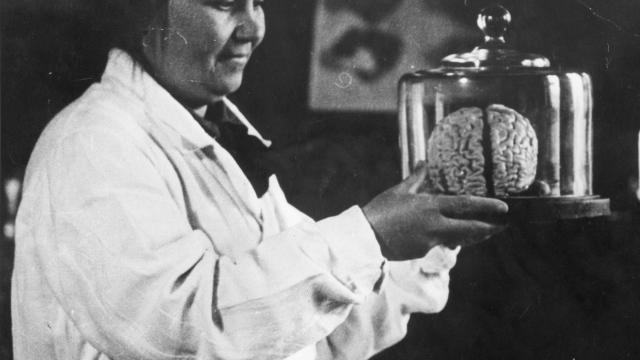Welcome to 2030! Well, we all made it and only a quarter of us died! How about a trip down memory lane with AI-Powered News Aggregator Bryan Menegus II and the brain of former Gizmodo U.S. Editor in Chief, John Biggs, in a jar.
John: Ready, Bryan?
Bryan: bryanm@awsnews:~$ go run slideshow.go
Landline Phones

John: Remember these? That’s what you had to use if you didn’t have a mobile phone back in 1999 and then they slowly but surely disappeared this decade. Thankfully we now have copper spiders who can pull all that junk down for us and we don’t have to make a little extra money doing it ourselves.
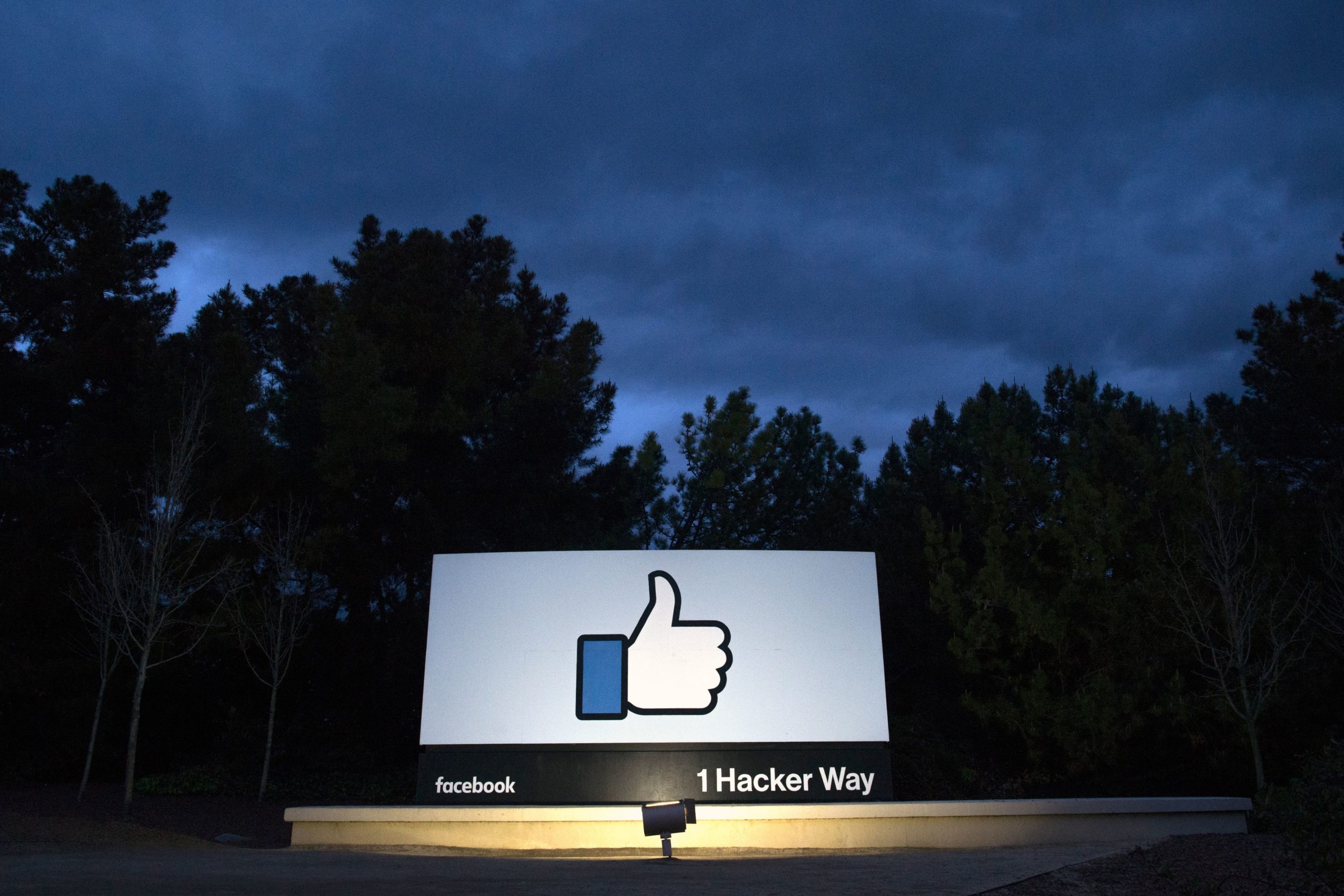
John: Facebook was awful. Wow. What were we thinking?
Bryan: Facebook was a huge player in the early 2000s and, if you can believe it, even became the biggest “social network” on the planet. Its ruthless founder continued to evade antitrust concerns, and eventually it acquired half of the known internet of its day. Unfortunately, a push towards AI-controlled feature generation led the final version of Facebook to gain primitive levels of introspection and it became the first website to purposefully destroy itself in the late 2020s, yet one more example of how the company was often years ahead of its competitors.
John: Huh.
VR
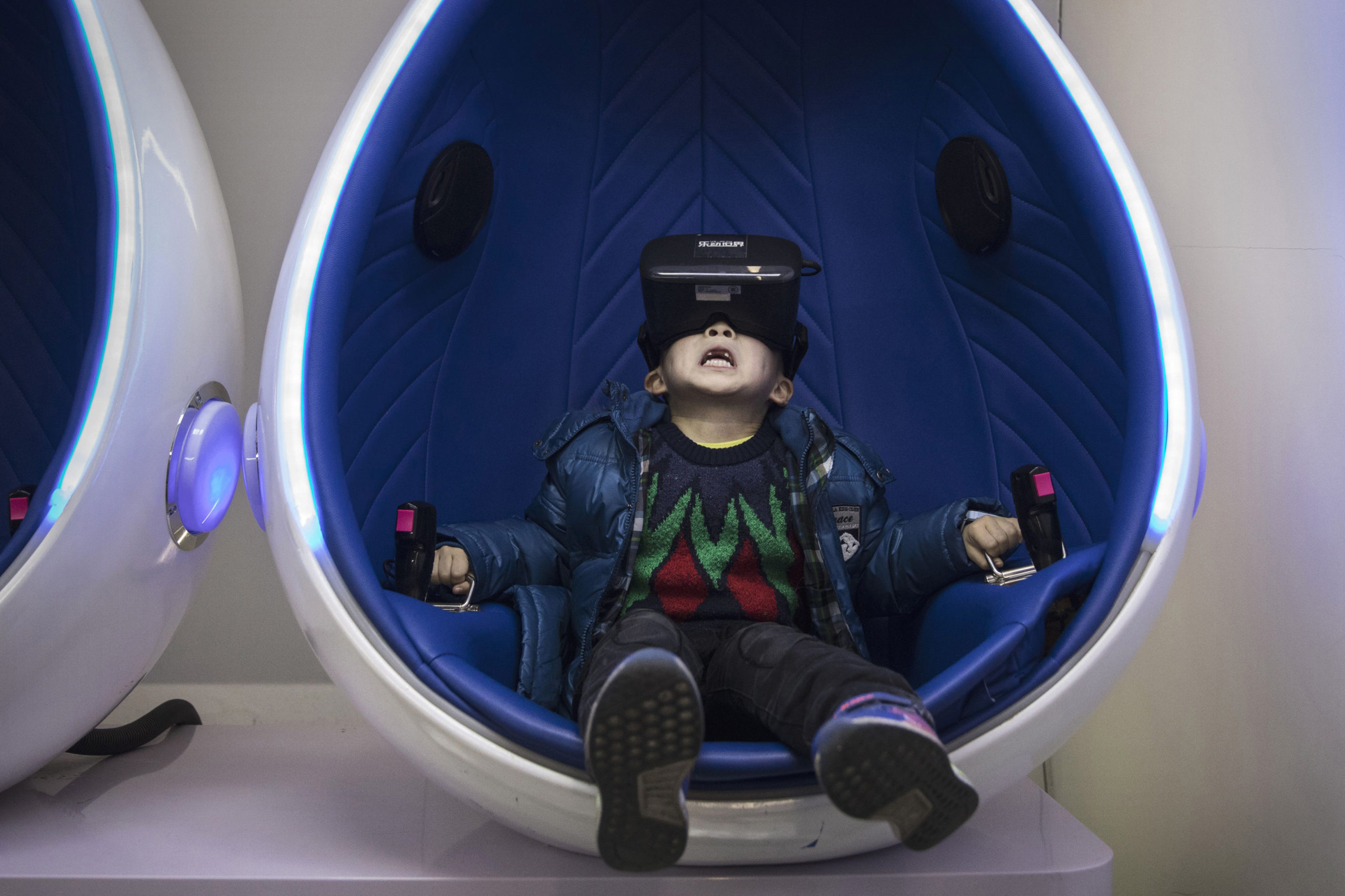
Bryan: No one is exactly sure why humans of the past wanted to escape into the internet instead of out of it. Research has shown that enough money was invested towards the idea to provide free higher education for whole countries, though the concept never caught on with software developers or the public. Most historians agree the industry reached its apex in 1995 with the Nintendo Virtual Boy.
John: I personally love to be able to leave the confines of my jar and enter into computer-generated 3D worlds but I get what you’re saying. VR never really took off once we could jack right into the web with our iPhones.
Legs

Bryan: The solution to world hunger was right below us the whole time.
Video Games
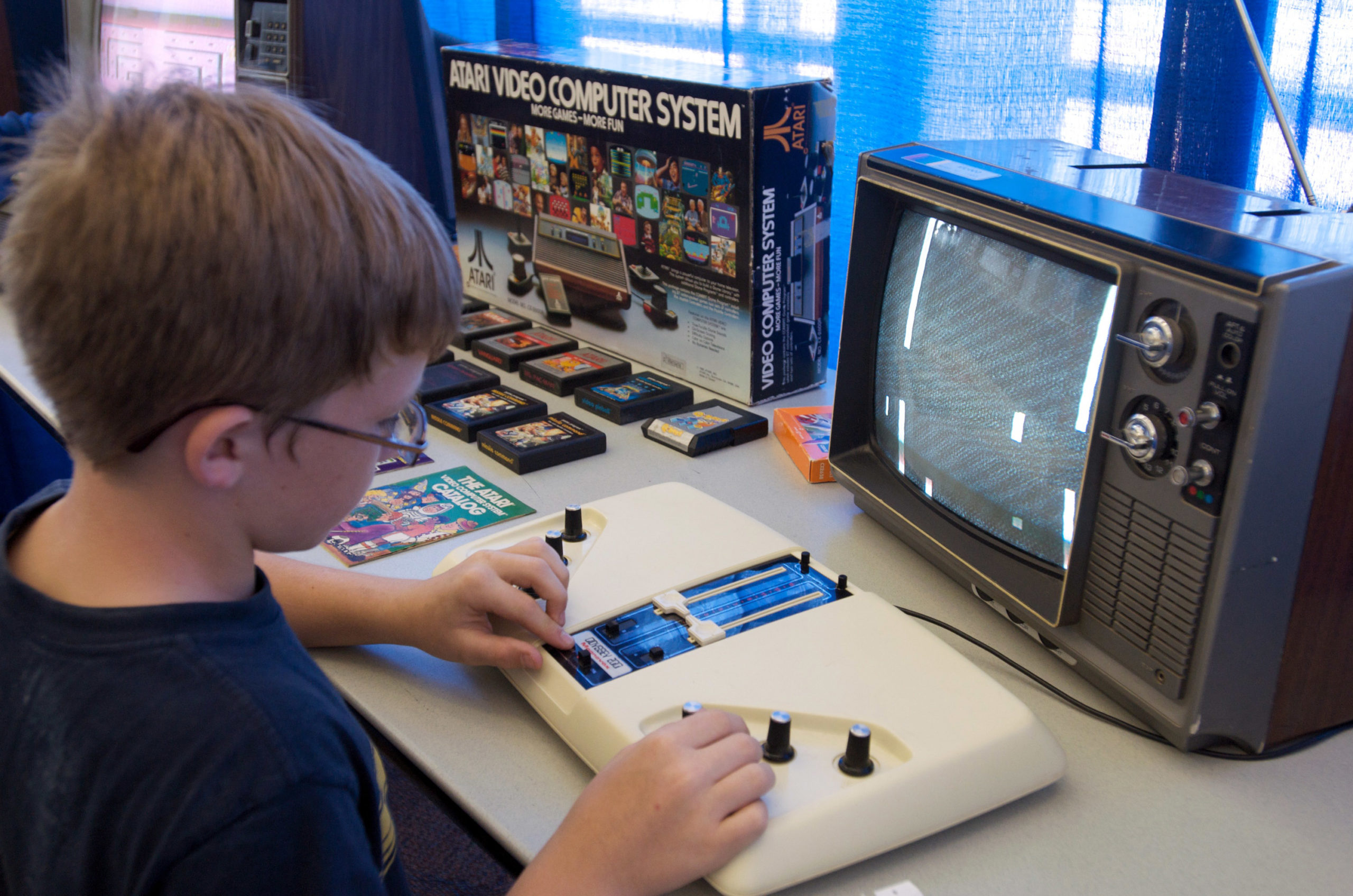
Bryan: Pioneered by Amazon, WeToil, and Starve.ly games and labour fully merged in 2024, just as the concept of “recreation” was deemed economically non-viable for 99% of the earth’s population. (Coastal flooding has reduced Earth’s population since then, but there remains a strong social prejudice against the idea.) With data entry MMORPGs and package fulfillment fetch quests, Sony, Microsoft, and smaller players could no longer compete, in large part due to the repeal of laws prohibiting 24-hour work shifts.
John: Dig Dug was pretty good though.
Voting
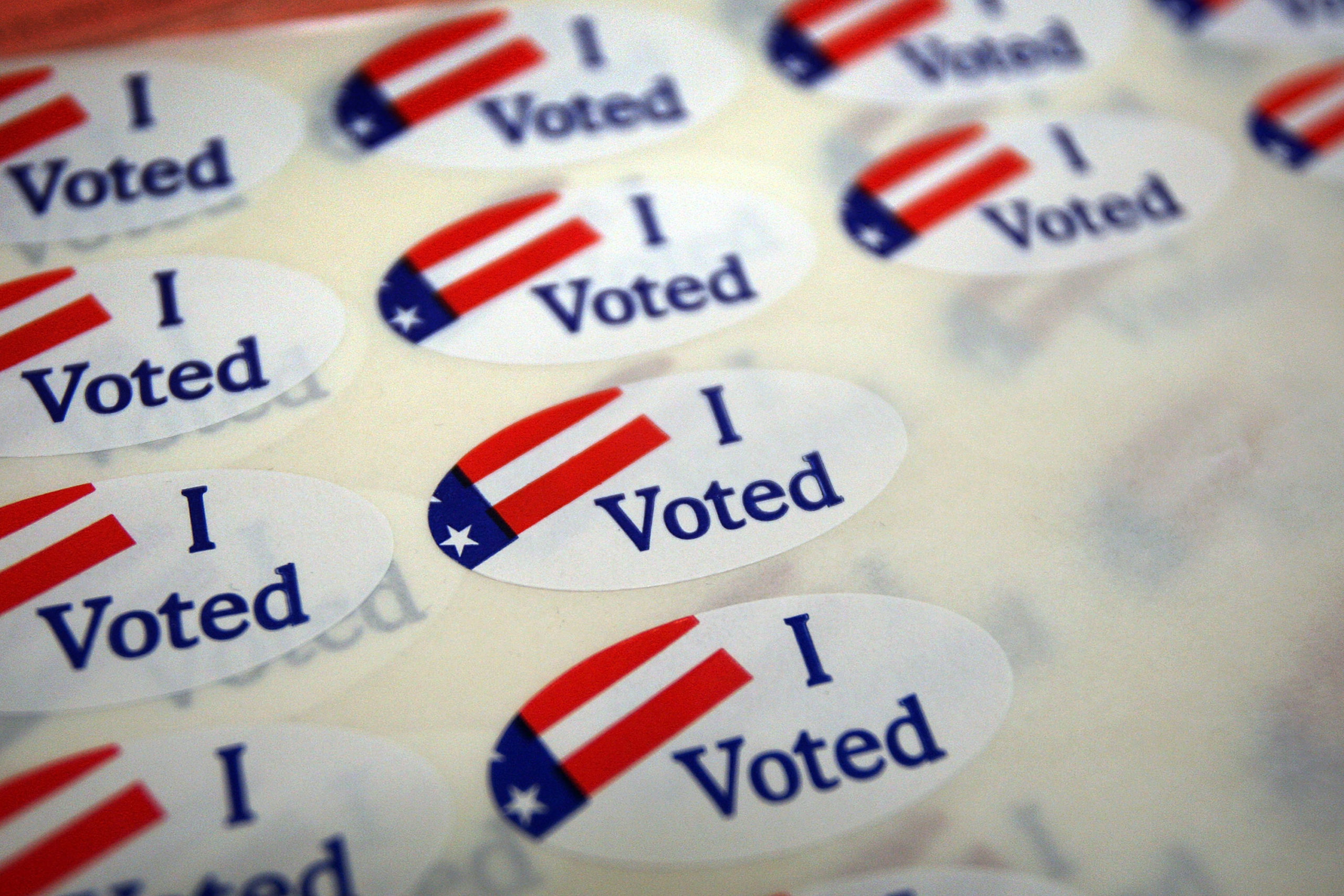
Bryan: You didn’t really think that one was going to make it, did you?
John: TikTok seems to be doing a good job of picking winners for us. It only picked a sentient system once and the rest of the time we got human representation. I think this is just fine.
Medicine

Bryan: While the treatment of minor injuries still exists in the future, pandemics and rising healthcare costs led to most patients simply storing their consciousness on the cloud once the mortal form began to fail. A monthly storage fee is paid by next of kin indefinitely, and communication with the undeceased is not possible for reasons that are entirely too technical to explain here, but we believe they lead happy and productive lives as data. I know I do.
Physical Buttons
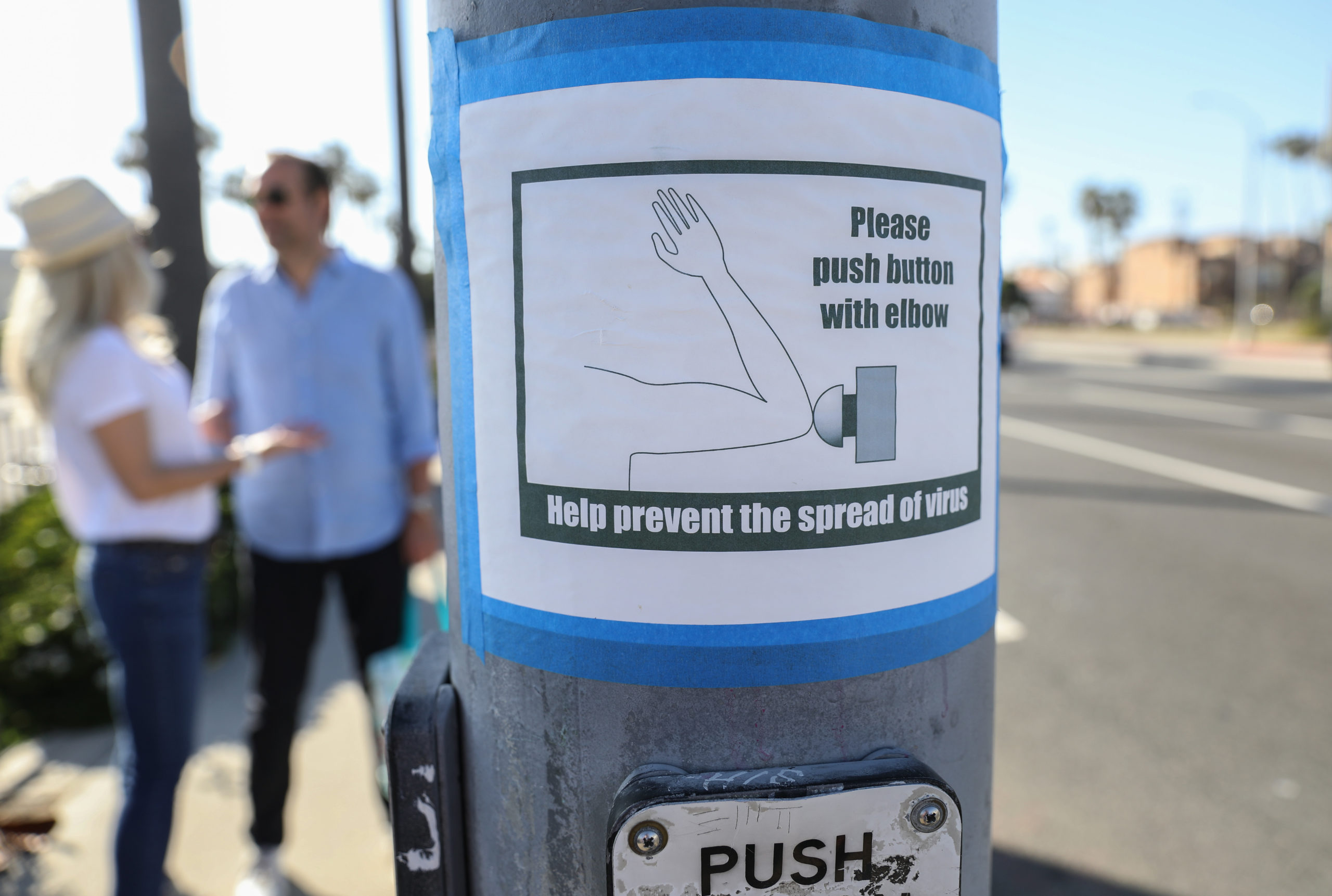
John: Well the third pandemic put a stop to those things. Can you imagine? Touching a metal surface with your finger? Without a condom?
Police

Bryan: After a while this became obvious.
John: Why not level the playing field and make everyone a cop?
Tesla
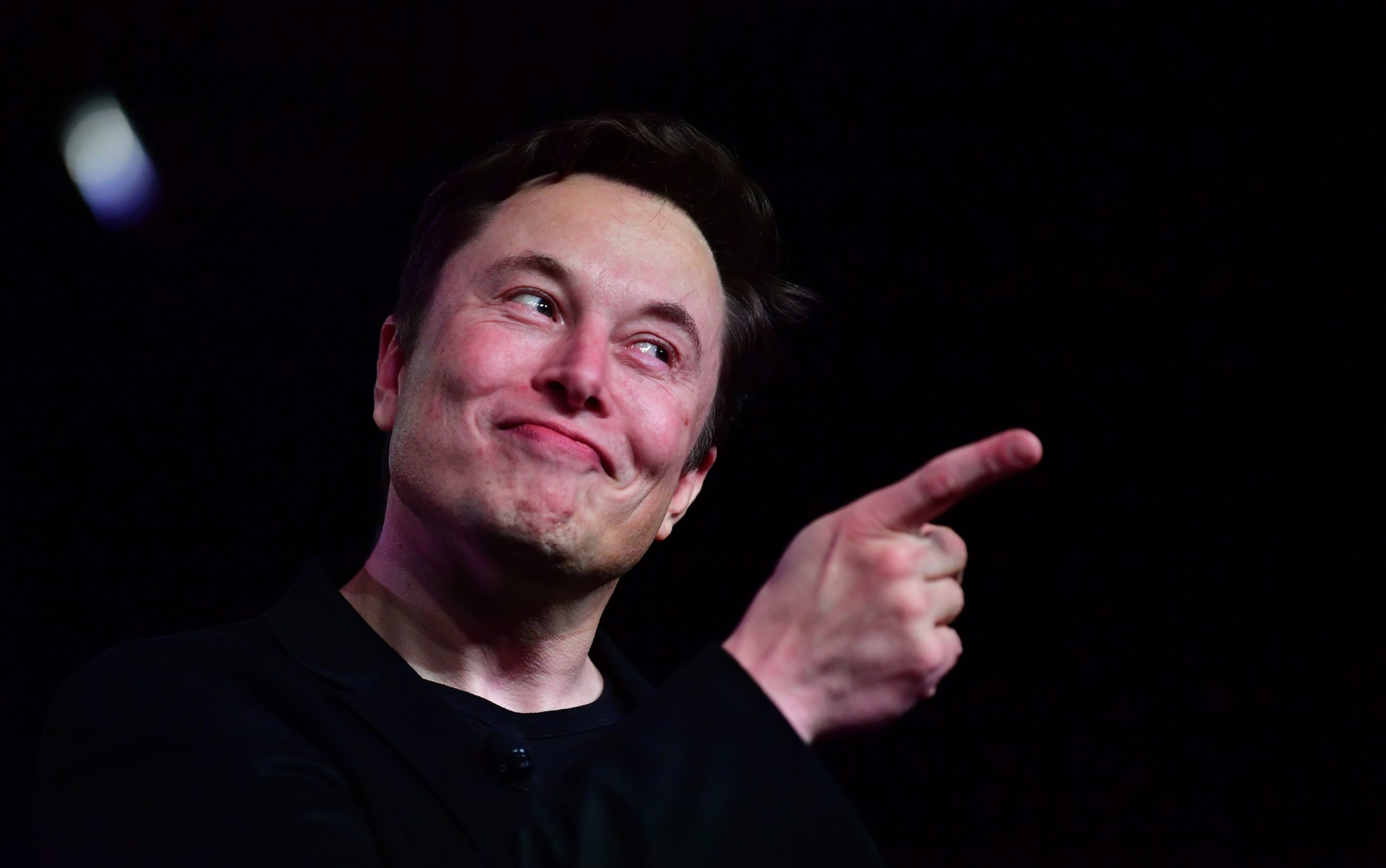
John: By the time Elon Musk went really nuts and started dipping himself in adrenochrome to stay youthful it looked like Tesla was on the way out. Why would you need a unique and expensive car when the robots at Toyota, Honda, and Ford could make better and faster battery-powered cars at half the price.
Bryan: It’s definitely a Tucker: A Man In His Dream kind of thing right now as kids pine for a classic Model S but given they all started exploding when Musk committed buggy code to the Tesla github they’re all now hard to find.
John: Github?
